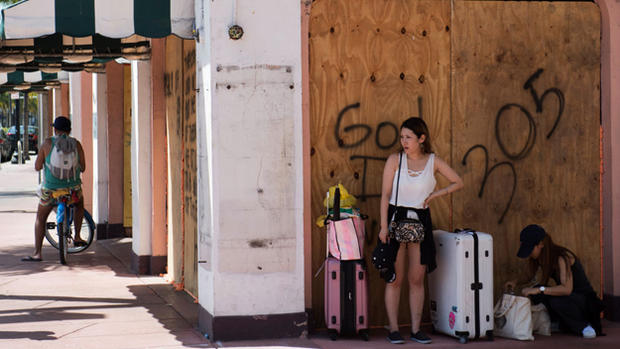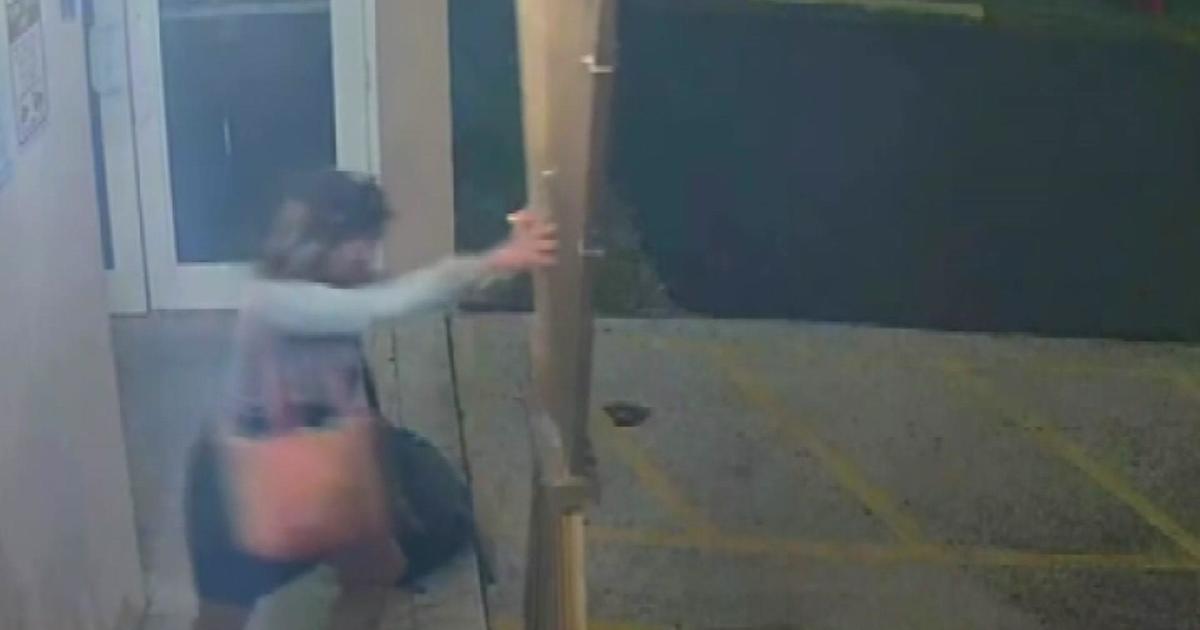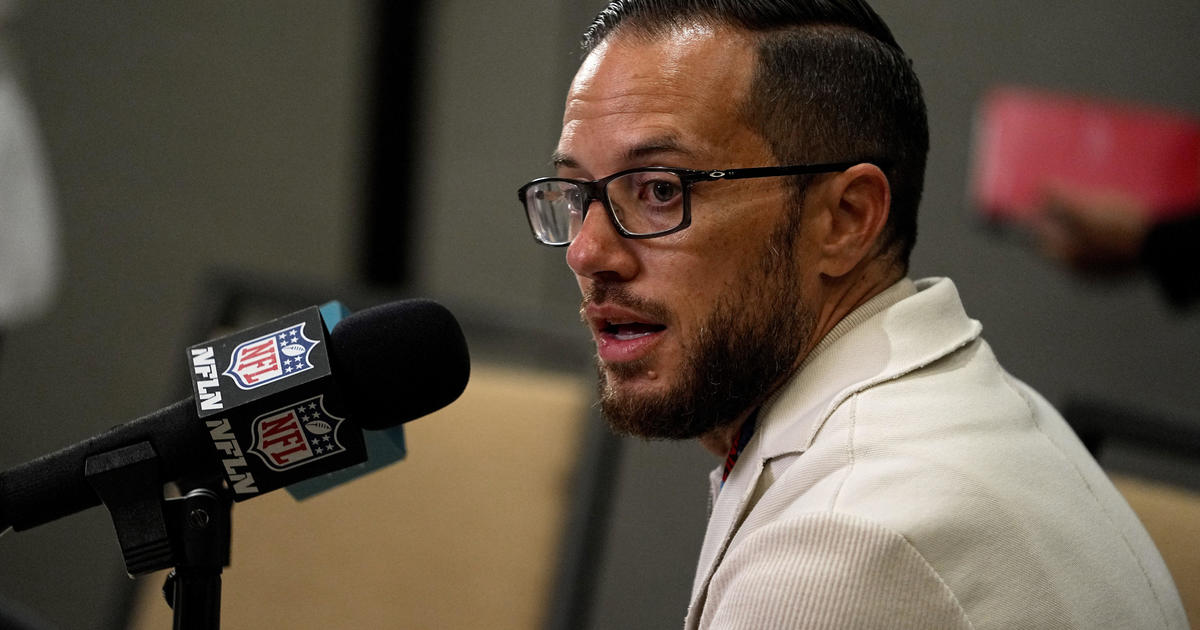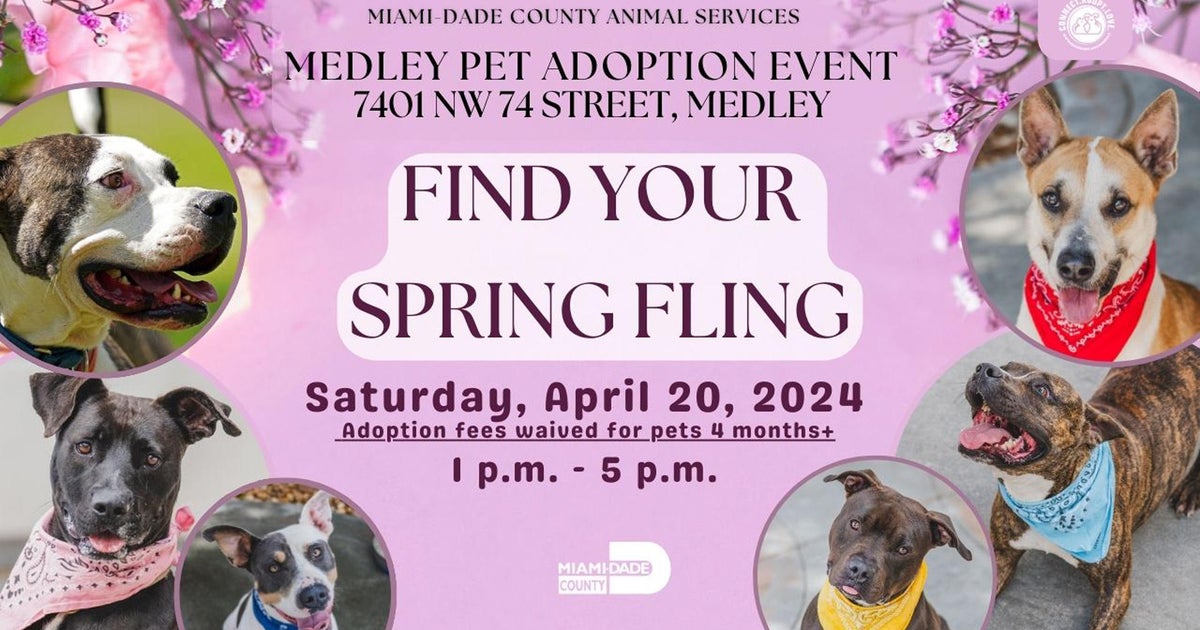Scramble To Flee Irma Underscores Rich, Poor Divide
Follow CBSMIAMI.COM: Facebook | Twitter
FORT LAUDERDALE (AP) — Hotel dishwasher Wilman Hernandez waited with his wife and young son at a Miami Beach bus stop, desperately looking for a way to get to a shelter where they could ride out Hurricane Irma.
Hernandez fears the storm will destroy their first-floor apartment. With no car to join the bumper-to-bumper traffic heading north and no supplies other than water, their options, like those of many low-income Florida residents, were limited.
"I have been calling 311 to get information about shelters that are available and no one answers the phone," Hernandez said. "I need to take my family off the beach and to safety."
The scramble to flee from the path of Irma has been a much different experience for those in different income brackets.
In the upscale coastal community of Rio Vista, where multimillion-dollar homes sit on elegant tree lined streets, many residents had secured their boats, spent hundreds or thousands of dollars on supplies or joined the bumper-to-bumper traffic heading north.
Teddy Morse, a Florida native and owner of a car dealership, spent about $7,500 on two generators, 50 gallons of water, 67 gallons of gas, non-perishable foods and other items. He chartered a plane and sent his wife and two young children to Alabama to stay with family, while he stayed behind to check on his businesses and employees.
"You try to do whatever you can to protect your family ... I wish everybody had the ability to take care of their families the way they want to," said Morse, who was allowing his employees to fill their tanks at the dealership, leave their owns cars in the garage and store personal documents at the office.
About a mile away in Fort Lauderdale, 18-year-old Jayvontay John was asking strangers for information about which shelters might be open. He doesn't own a cellphone or computer and was having trouble getting basic information.
"It does worry me ... that I'm not going to able to get to the shelter," he said. "I heard the hurricane is really, really bad."
In Miami, advocates for the homeless patrolled the streets Friday, picking up about 400 people and driving them to shelters voluntarily or under the threat of involuntary hospitalization.
"We were driving in the vans and we had people jumping out into the streets to stop us so we would pick them up ... Those folks were coming out of the woodwork, they knew we were out there," said Ron Book, chairman of the Miami-Dade County Homeless Trust.
Marvin Carter wasn't interested in getting to a shelter. The 62-year-old walked through traffic begging for bus fare, which he hoped would take him a few miles west to an Interstate 95 underpass.
"I've got my sleeping bag ... that's my place," said Carter, adding that he survived Hurricane Andrew in 1992 underneath the freeway.
Deborah Rosenberg, an interior designer, said she bought extra supplies to help those who work in her posh Miami home, offering them food, water and help finding shelter.
But she and her daughters won't be there. They booked a private jet Thursday so they could ride out the storm in their New York apartment. Her husband, who works in the finance industry, joined them Friday. Rosenberg acknowledged feeling uncomfortable thinking about her friends and employees.
"It's a complete contrast," she said.
(TM and © Copyright 2017 CBS Radio Inc. and its relevant subsidiaries. CBS RADIO and EYE Logo TM and Copyright 2017 CBS Broadcasting Inc. Used under license. All Rights Reserved. This material may not be published, broadcast, rewritten, or redistributed. The Associated Press contributed to this report.)




